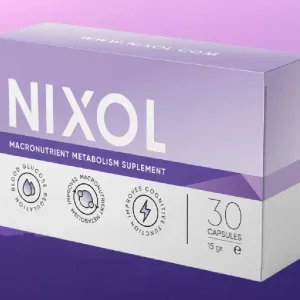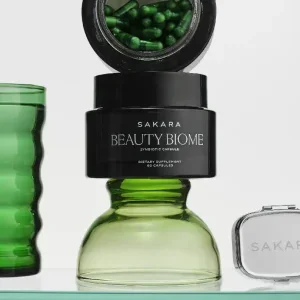
FoodHealth Company, previously known as bitewell, has secured $7.5m in an oversubscribed Series A funding round, co-led by Reach Capital and Ulu Ventures.
Other participants in the funding round include Supply Change Capital, ReThink Food, with ongoing support from Refinery Ventures, Mudita, Antler, and other returning investors.
The funding represents a significant phase for FoodHealth Company, which has rebranded from bitewell, and is expected to enhance its nutrition transparency.
Reach Capital partner Jomayra Herrera said: “This is about more than changing what’s in your cart. It’s about creating systems-level change, making it easier for everyone to access and understand food that truly nourishes.”
The FoodHealth Company has inaugurated a new headquarters in San Francisco, strategically located at the intersection of health systems, retail innovation, and technology.
Central to its offerings is the FoodHealth Score, a rating system ranging from one to 100 that assesses food based on nutrient density and ingredient quality.
Developed by data scientists and dietitians, the score is designed to promote health by highlighting beneficial attributes such as whole grains, healthy fats, protein, and fibre.
Also, the score penalises artificial colours, harmful additives, and added sugars.
The FoodHealth Score is already integrated into The Kroger Co.’s stores, including Harris Teeter, King Soopers, and Ralphs, helping shoppers in making informed choices.
Shoppers using Kroger’s app or online platform can access these science-backed scores.
The rollout is set to expand to another major retail chain this month, broadening the Score’s impact across US households.
With over $20m raised to date, FoodHealth Company is actively pursuing licensing opportunities for its scoring system throughout the food industry.
FoodHealth co-founder and CEO Sam Citro Alexander said: “For over a century, the calorie has been the prevailing measure of whether food is ‘good’ for us. But 100 calories from a sugary cereal doesn’t land in your body the same way as 100 calories from a bowl of lentils.
“The FoodHealth Score changes the equation. It moves beyond calorie counts and vague marketing claims to give consumers, retailers, and brands a shared, evidence-based language for food quality.
“Our goal is to bring the FoodHealth Score to every place a person is making a food choice, whether that’s a supermarket aisle, restaurant menu, or school cafeteria line.”






